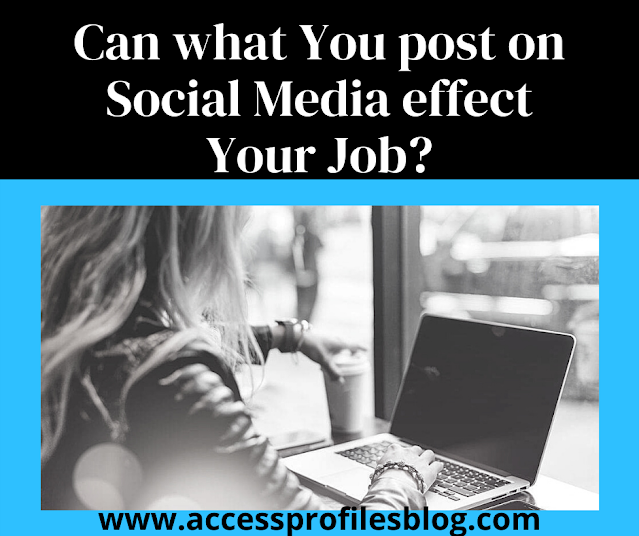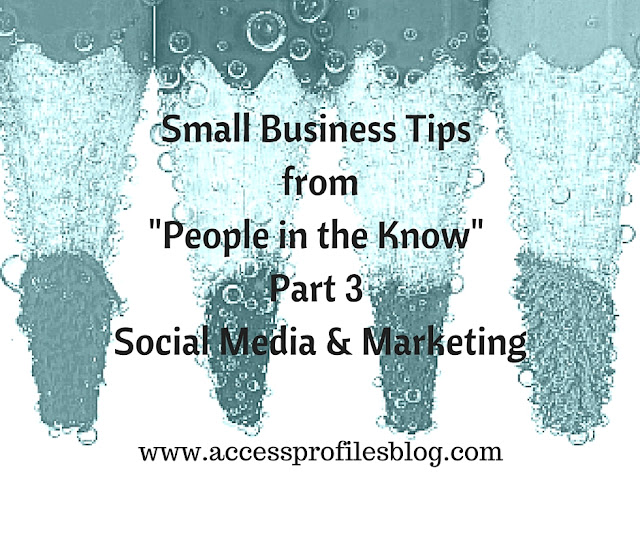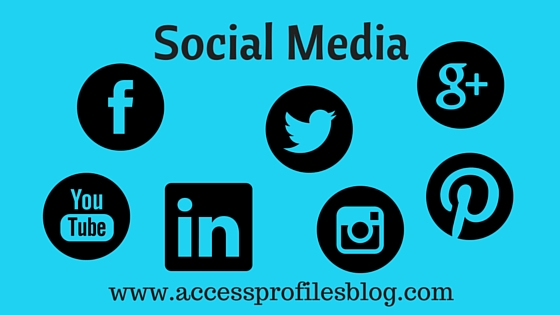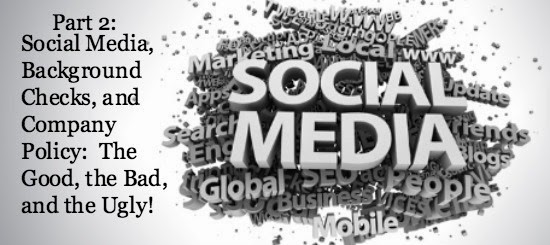
Do you post on Social Media? Could what you post be considered “controversial”? Then you need to read this…
The following question was recently asked on Quora, a popular Q & A site, and we think it is worth sharing.
“What types of recourse do I have against people who contact my employers about things I have on Facebook?”.
Posting on social media sites has become more common than ever. And many are not at all shy about sharing their views on practically anything and everything, no matter how controversial the subject.
That is why when we came across this question, we knew it was time to weigh in, and here is our answer…..
“You have no recourse whatsoever. That is the nature of Facebook and other social sites. By using those sites you are choosing to put things “out there” about your life, your opinions, and more. If someone shares something with your employer that you willingly post, then that is on you. And if your employer believes that what you are posting can harm their business in any way, then you may face the consequences of your post. The exception (to this) would be if they were lying or were attributing something to you that you did not post. Otherwise, you have no standing to object. Your best bet is to be proactive instead. Change the settings on your social media accounts to private, “friends only”, etc. Don’t list your employer in your profile or at least make it visible to a select audience. And even better yet, be very careful what you post in the first place. Does it project what you want others to know about you? Will it cause an issue if your family, friends, or even your employer see it? Remember, every single thing you do online projects an image about you. Is it the one you want to share?”.
You can see the original question and other responses here!
Despite what you may think about the “fairness” or “morality” of someone sending your employer information concerning your social media posts, there is nothing illegal about it.
So it is best you face that fact and realize that what you post online can effect you, your job, and even your family.
You may argue that it shouldn’t be that way, but that doesn’t change the reality that it can and does!
That is why you need to understand the potential ramifications of what you post online and learn what you can do to mitigate your exposure.
First you should recognize that nothing you share on Social Media is ever really private!
“How Much of what You Post Online is Really Private? Should You be Concerned what is “Out There” About You? The answer? A Resounding YES!
Despite privacy settings, probably very little of what you post online is truly private. Do you know what friends or “online acquaintances” are posting or sharing online about you?
A hot topic is how employers use information on social media both during the hiring process and in dictating employee conduct. Questions revolve around how much of what is found can be used to either make employment decisions or be used to contain existing employee’s online behavior.
Your best course of action is to imagine anything you post could possibly be seen by a wide variety of people ~ your family, friends, neighbors, teachers, employers, and even those that are strangers to you. Using that as a guide, do you still want to share that post? Asking yourself that question BEFORE you share is the wise way to go.
Discover more about how employers use social media to make both hiring and retention decisions here!

Did you know....Your Social Media posts can get you Fired? "Tweet This"!
It is also important that you realize that what you post can impact your Job Search, future promotions, and even your educational goals.
“Did You Know that what you post on Social Media can have an impact on you not only today but in the future? It can effect your chances at getting into the right school, landing your dream job, getting promoted, or even keeping the job you have.
Your social media sites are increasingly being viewed by everyone from college admissions workers to employers and recruiters. What you have posted there is seen as a reflection of who you really are ~ above and beyond what is found on your application, resume, or even how you conduct yourself in the workplace. And especially problematic are the current prevalence of "keyboard warriors" who have no problem attacking others who disagree with their views, especially when it comes to hot topics like politics, religion, and even the COVID pandemic.
Posts that show illegal, questionable, or even violent behavior may cause you to be passed over. Comments that attack, degrade, or threaten others put your character, and the possibility of that you may impact the company's image, in question. And if any of your posts or profiles contradict what you may have listed on your resume, this is certainly a “red flag” when it comes time to make you an offer.
Before you apply to college or for any job, you need to ask yourself some hard questions about your social profiles. In fact, they would be excellent questions to consider before you even post!
You should Ask Yourself ~
- What do your Social Profiles say about You?
- Do they show you in a good light?
- Have you shared things you are not proud of?
- Do they highlight the best things about you?
- Would You be Proud to Share Them?
Learn more about how what you post on social media can effect your job search in “Discover how your Social Media Posts can keep you from getting the Job You Want”.
Social media sites can be a great way to stay in touch with friends, keep up with current news and sports, and even share and comment on issues that are important to us.
But you need to use it wisely. That means understanding that what you post can have consequences to you, your future, and your job.
Authored by

Looking for a Job? API can help you get your resume "Background Check Ready"! Check out our Job Search Services today!

Learn more About Us and what Our Happy Clients have to say too!





















